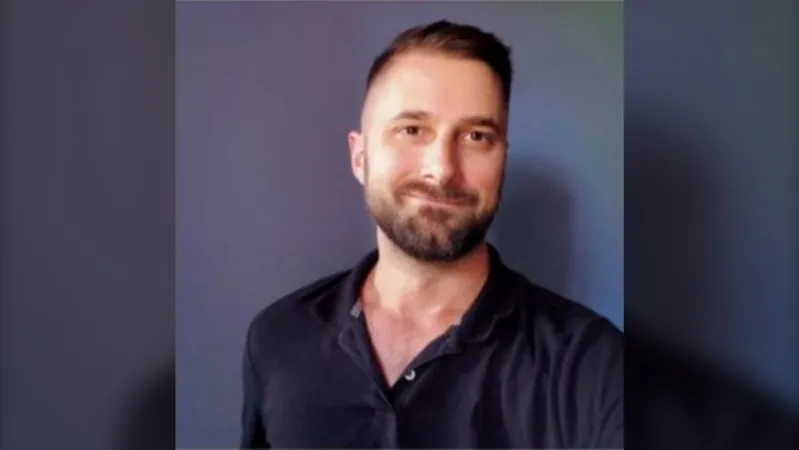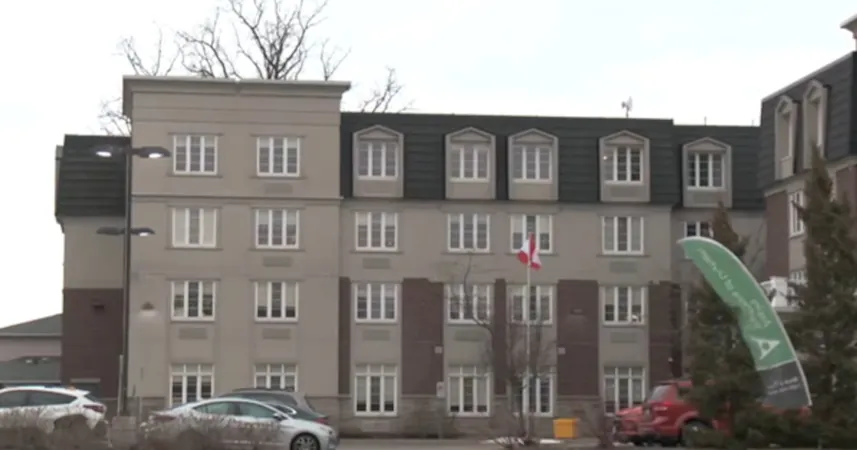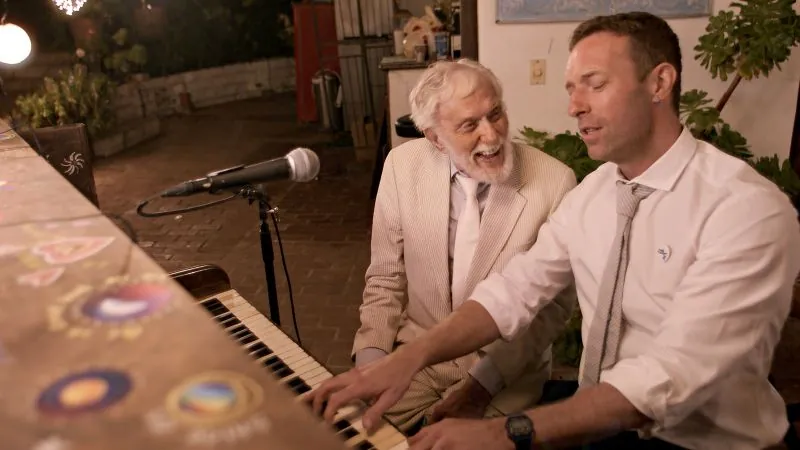
Tragic Loss: Montreal Man Dies of Aneurysm After Six-Hour Emergency Room Wait
2024-12-14
Author: Liam
Tragic Loss in Montreal
In a heartbreaking incident that has ignited outrage over Canada’s healthcare system, a 39-year-old man from Montreal tragically passed away from an aneurysm after spending six agonizing hours in an emergency room waiting for care. Adam Burgoyne’s death came just a day after he expressed concerns about his health on social media, revealing that he was suffering from chest pain, nausea, clammy skin, and difficulty breathing.
Concerns Ignored
Burgoyne, who had previously shared on his X account that he feared for his well-being but was grateful it wasn’t a heart attack after receiving an ECG, felt overlooked once he was deemed not in immediate danger. Frustrated and in pain, he ultimately decided to leave the hospital without receiving further medical assistance. His loved ones say they were blindsided by his sudden death, with his obituary highlighting his vibrant personality and noting he was recently engaged.
Questions Raised About Healthcare System
The shocking situation has raised serious questions about the state of emergency healthcare in Canada. Joshua Slocum, a close friend of Burgoyne, described the loss as incomprehensible. Having experienced a heart attack at a young age himself, Slocum emphasized the importance of paying attention to one's body when something feels drastically wrong. He believes that society often downplays serious health concerns, a sentiment echoed by many who have faced similar experiences in crowded emergency departments.
Family Advocates for Change
In an emotional appeal, Burgoyne’s family expressed their desire for privacy while also advocating for systemic changes in emergency room protocols. They hope that in the future, guidelines will prioritize urgent testing for conditions like aneurysms with the same diligence applied to heart attacks.
Experts Alarmed by Overstretched Healthcare System
Experts are also raising alarm bells about the overstretched healthcare system. Paul Brunet, Chair of the Council for the Protection of Patients, expressed disbelief that Burgoyne was not treated more promptly, highlighting past accusations against the healthcare system for its long wait times. He pointed out that many patients visiting ERs could be better served elsewhere, indicating a critical flaw in public health management.
Need for Healthcare Reforms
Dr. Greg Clark, a board member of the Association des médecins d'urgence du Québec, confirmed that while triage systems are in place to prioritize the critically ill, the entire healthcare network is struggling under the weight of overcrowding and insufficient resources. He described the current condition as a “big problem,” reiterating the need for reforms to ensure timely care for those in dire need.
A Call for Urgent Change
As this tragedy reverberates through the Montreal community and beyond, it serves as a stark reminder of the potential consequences when healthcare systems fail to deliver timely attention to critical medical issues. The call for reform is clear—urgent change is needed to prevent such devastating losses in the future.
Advocates Urge Immediate Action
In the wake of Burgoyne’s death, advocates and health professionals alike are urging for immediate action to address the systemic flaws plaguing emergency care across Canada. Will his untimely fate spark the change necessary to save lives?









 Brasil (PT)
Brasil (PT)
 Canada (EN)
Canada (EN)
 Chile (ES)
Chile (ES)
 España (ES)
España (ES)
 France (FR)
France (FR)
 Hong Kong (EN)
Hong Kong (EN)
 Italia (IT)
Italia (IT)
 日本 (JA)
日本 (JA)
 Magyarország (HU)
Magyarország (HU)
 Norge (NO)
Norge (NO)
 Polska (PL)
Polska (PL)
 Schweiz (DE)
Schweiz (DE)
 Singapore (EN)
Singapore (EN)
 Sverige (SV)
Sverige (SV)
 Suomi (FI)
Suomi (FI)
 Türkiye (TR)
Türkiye (TR)